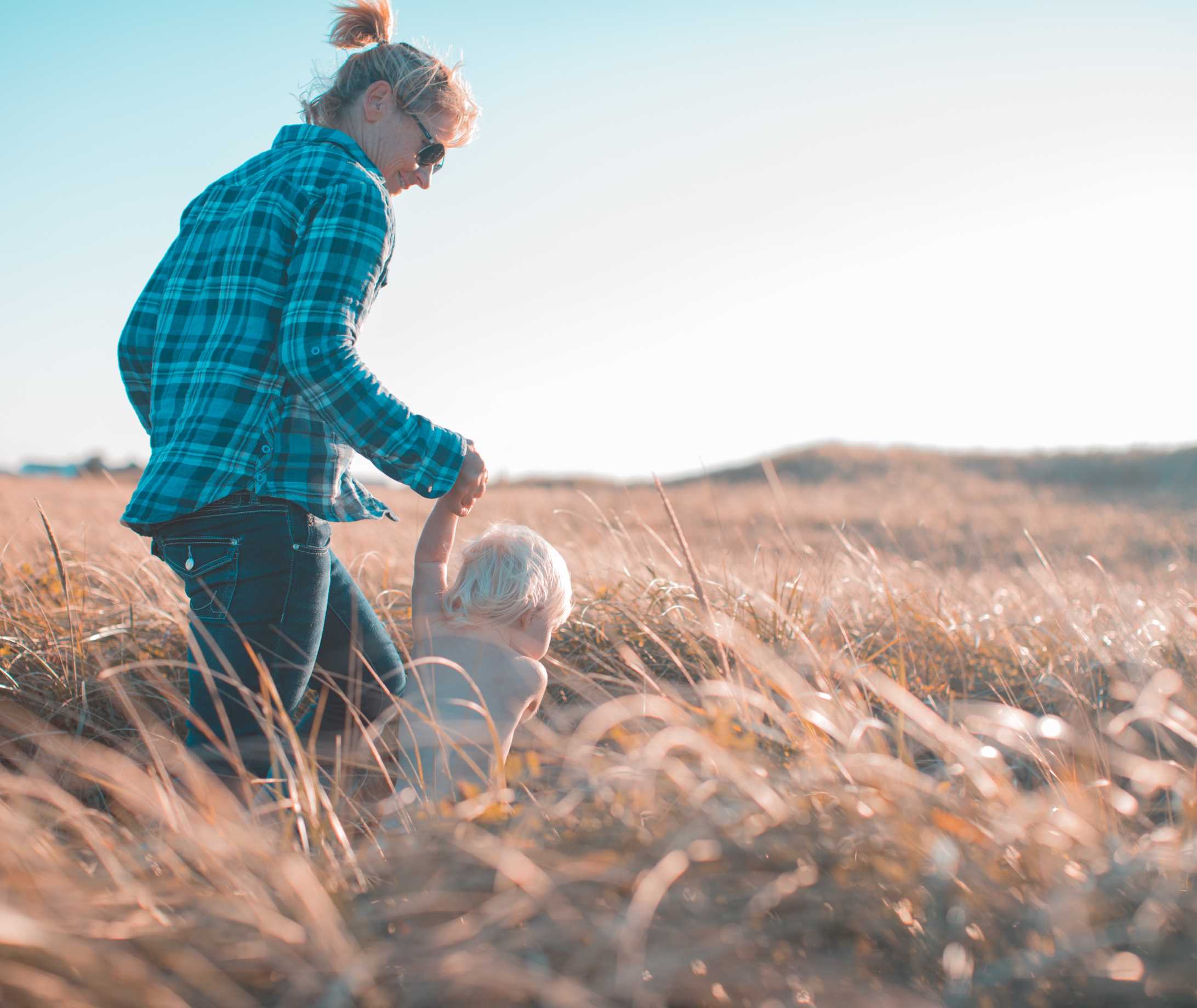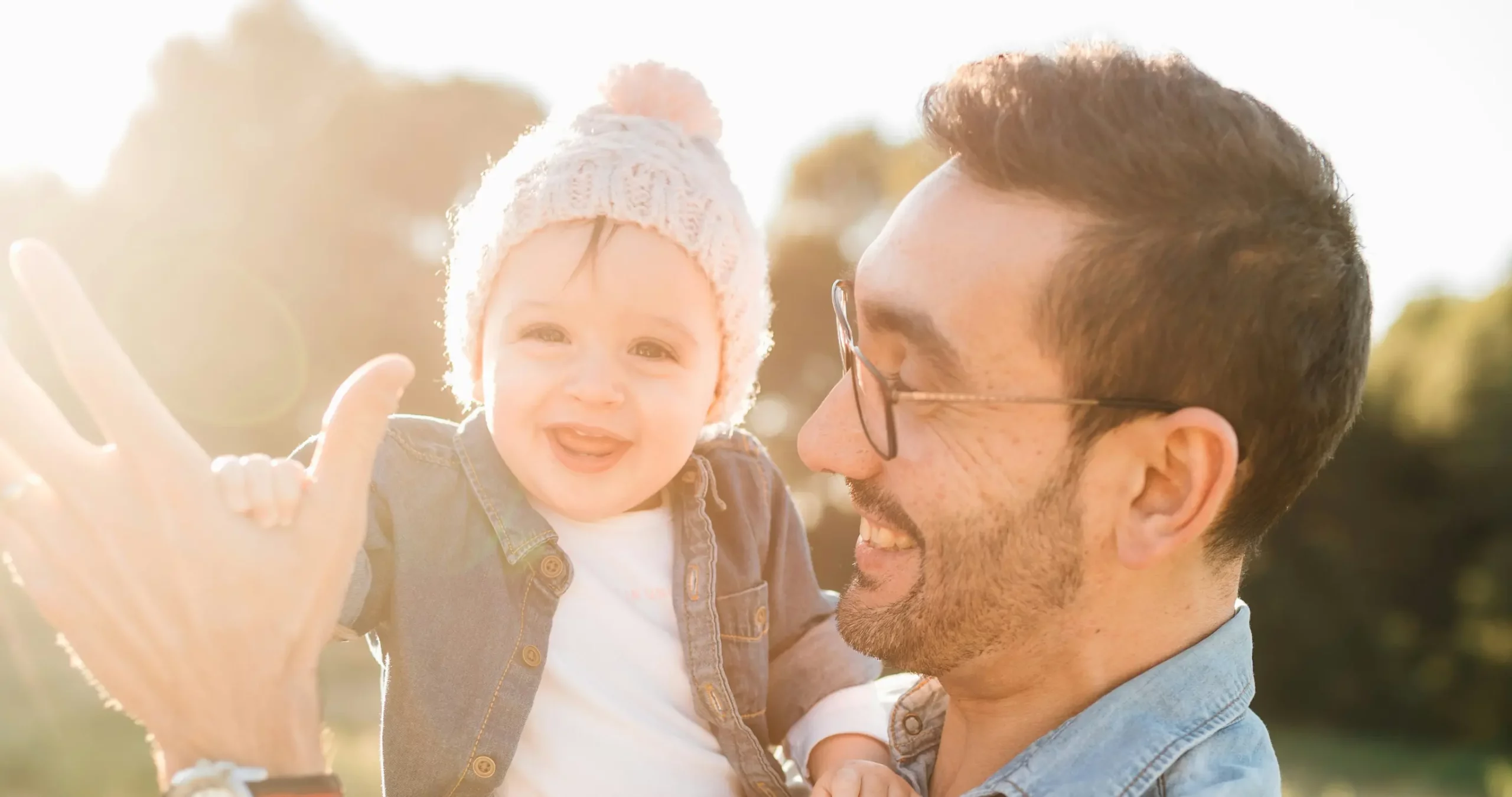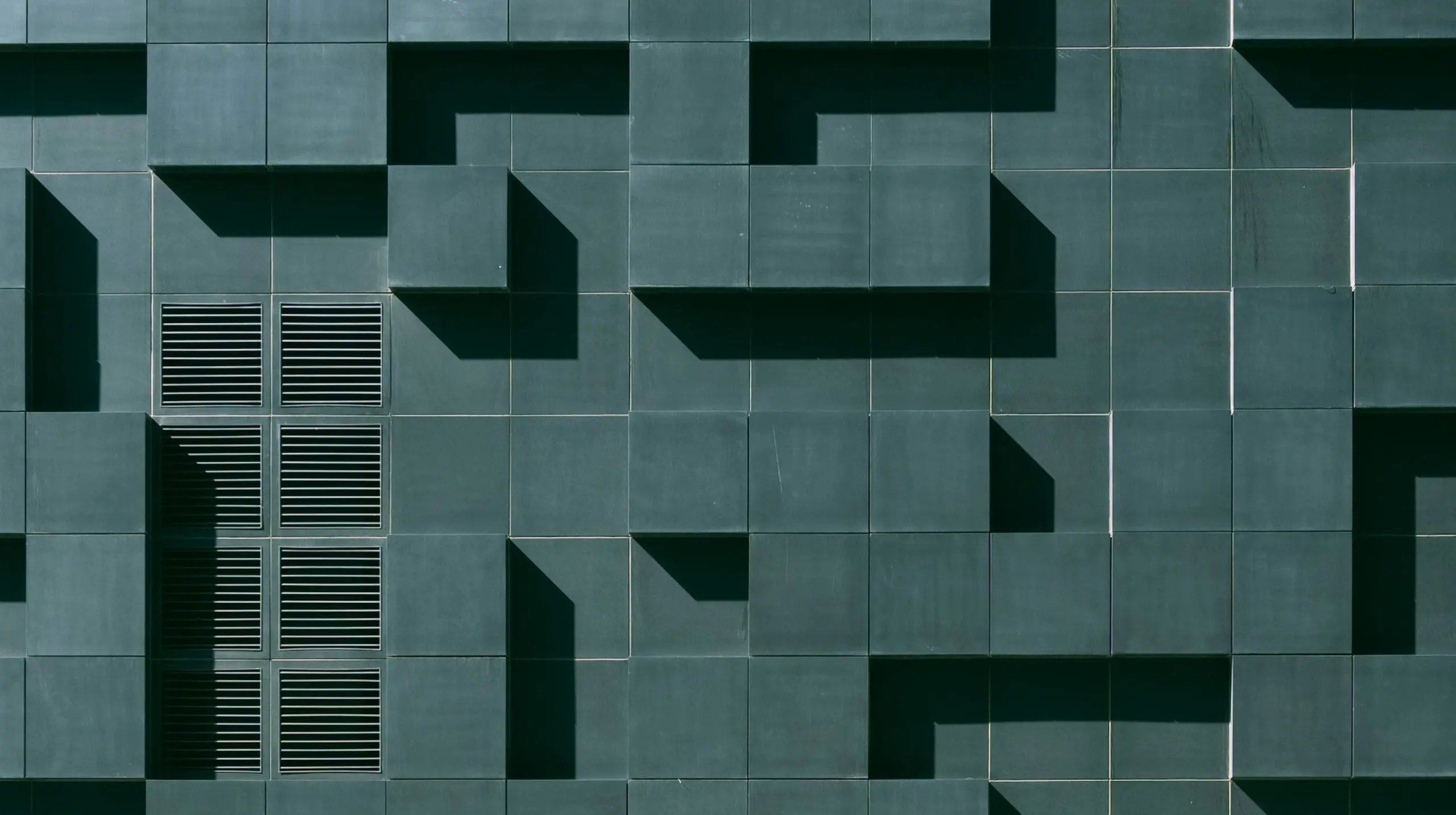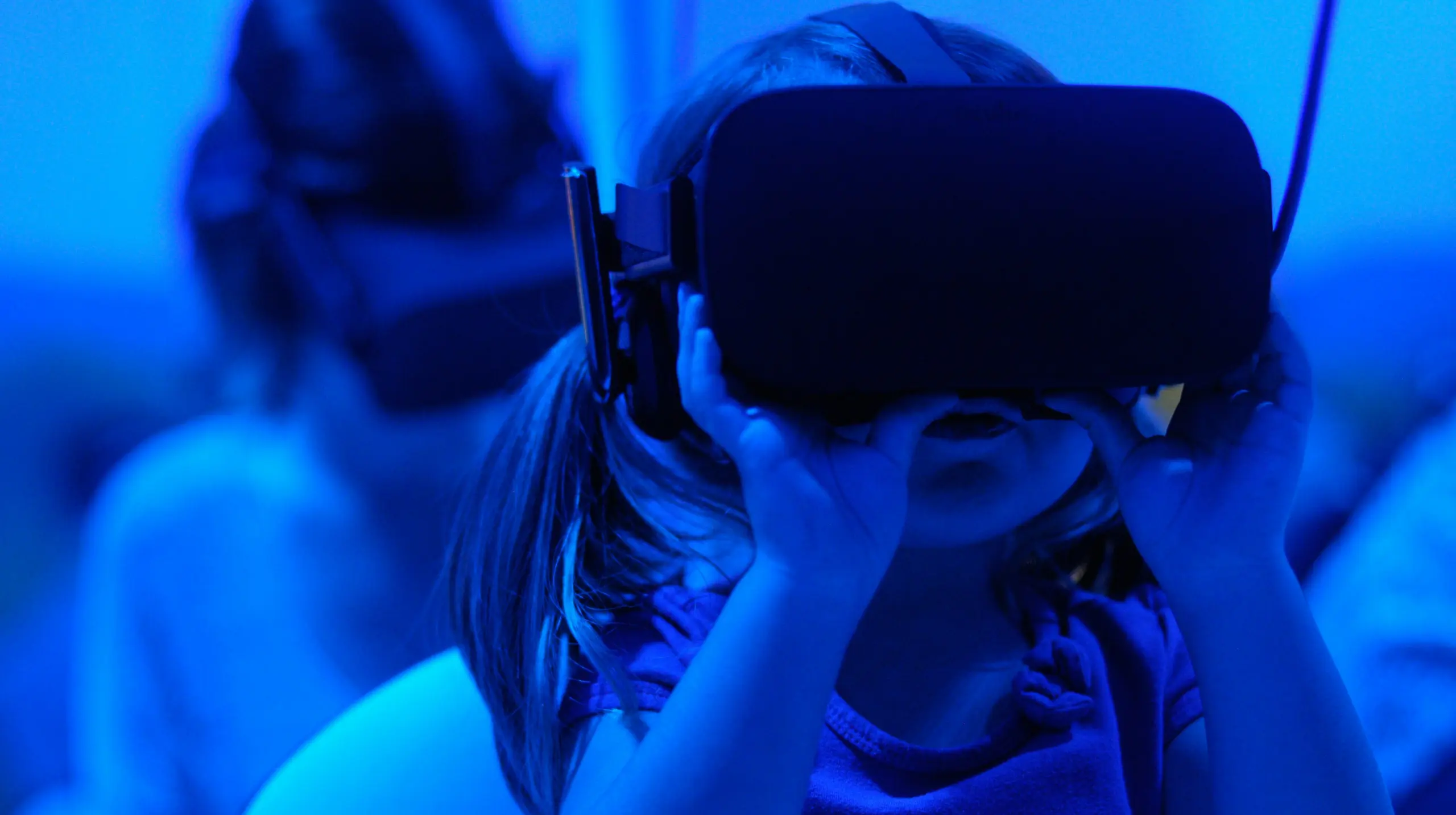Last name mash ups give fascinating insights into changing social trends

Most children still receive their father’s surname, some receive their mother’s or a hyphen of both. The new trend is to give the child a blended or ‘mashed-up’ surname from each parent. Therefore, if the surnames were ‘Miller’ and ‘Campbell’, an example of a mashed-up name would be ‘Millbell’.
This may seem unusual, but the trend is growing faster than the combination parent name.
Since 1980 we have seen the number of children sharing the same name as both parents more than halved from 9 in 10 down to 4 in 10.
Yet almost 9 in 10 children are given their father’s surname. This is little changed from 40 years ago.
An alternate surname, such as a hybrid of the parents’ surnames or using a family name not shared by either parent, is 3 times more common today.
While the solution of hyphenated or double-barrelled surnames is four-times more common today as 1980, it still accounts for just 3% of surnames given.
In NSW, the main reason most children born today don’t share the surname of both parents is largely because the parents don’t share a surname. A big factor is that new parents are increasingly likely to be in a de facto relationship rather than married.
The proportion of children in NSW born to parents who are not married has increased 2.5 times over the past four decades. That means almost a third of children are born to parents who are not married and therefore don’t share a surname.
The surname conundrum
While efforts to unite differently-surnamed parents to their children through a hyphenated surname have increased, this approach has problems. The length of the surname and the future viability of it (when double-barrelled people meet and have their own children) are problematic. Which is why, patriarchal though it may be, the tradition of the child carrying the father’s surname has persisted, largely unchanged.
As well, women are now more likely to keep their surname after marriage. In 1980, just 4.3% of new Mums had a different surname to the father compared to 47.3% today. This new generation of women are the most formally educated generation ever, with the highest workforce participation rate of Australian women ever.
Therefore, having graduated and started a career, they are less likely to want to change their surname at marriage, either for professional or equality reasons. The downside of this is that in most births today, the children and their Mums don’t share a surname.
Giving the child a mashed-up name still means they would not have the surname of either parent. But it does solve the other problems of excessively long surnames or who’s side of the family the child will be named after.
Continue reading…
What baby names are Australian parents choosing this year?
In the media
Aussie parents giving their newborns blended last names
For media commentary contact us on 02 8824 3422 or at [email protected]



